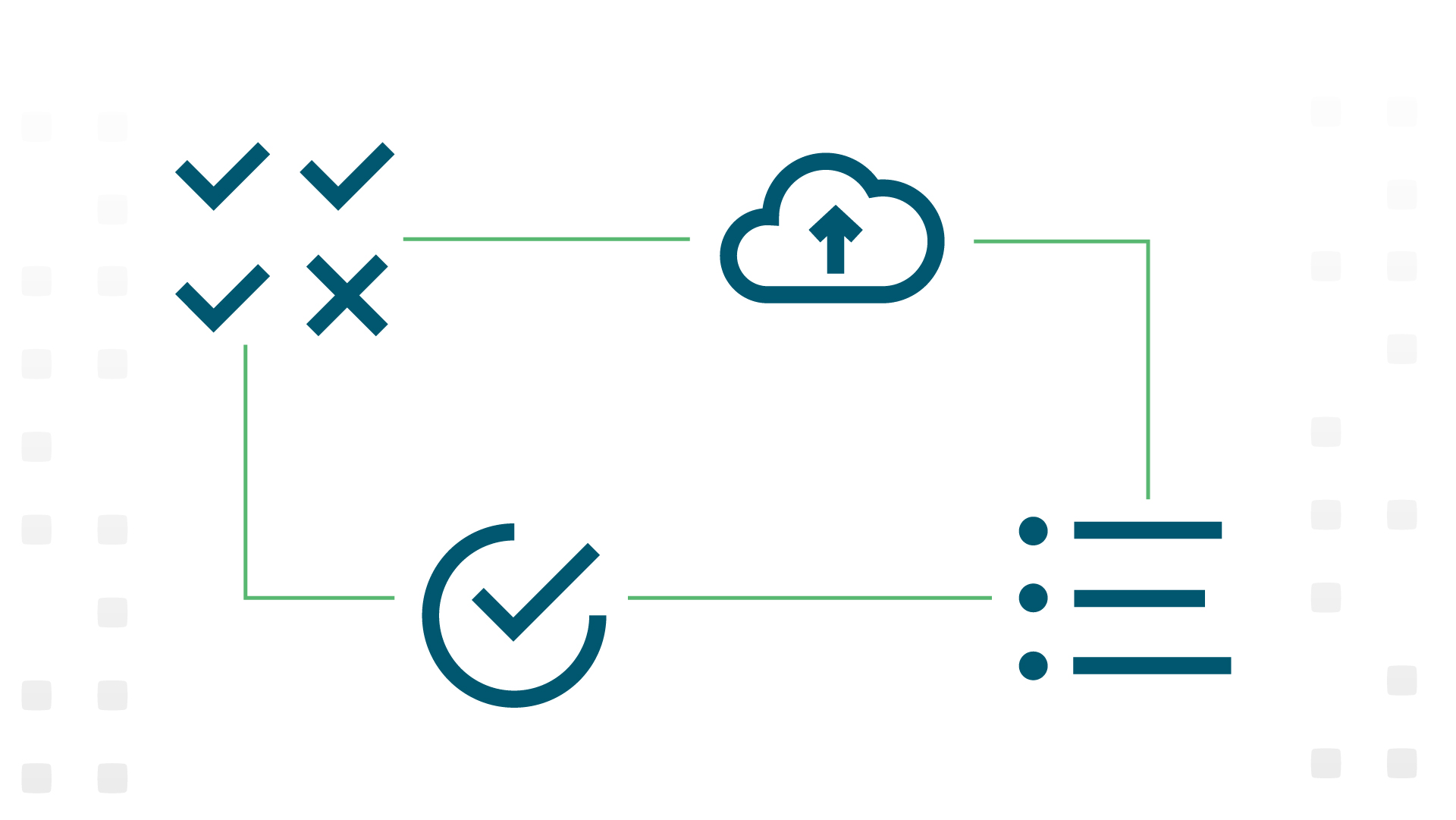You know that migrating your data workloads to the cloud brings a whole host of benefits, including improved agility and scalability. But at the end of the day, the idea of moving your data workloads can be daunting. This is especially true if your enterprise has historically relied upon on-premises solutions.
The market for data workload migration into the cloud is still, in many ways, in its infancy. IT might rely on a series of traditional tools that are either not yet ready for prime time or have capabilities that are ill-suited to the task. It’s no wonder IT might be nervous about migrating data workloads to the cloud … especially if doing so could lead to a poor user experience.
But the cloud isn’t going anywhere. According to O’Reilly’s Cloud Adoption Survey:
- The number of organizations utilizing a cloud-first strategy is 47%
- The number of organizations that are already cloud native is 30%
- And the number of organizations planning on becoming cloud native in 3+ years is 37%
There’s no avoiding the fact that the future is in the cloud, which means the only question is how to make the process of migrating your data workloads efficient, pain free, and without negative impacts on data security or the user experience.

Understanding the hurdles
In an article published by Microsoft Azure, Unravel Data CTO and Co-Founder, Shivnath Babu, offered perspective of the challenges companies face in making a successful migration to the cloud.From the article (emphasis ours):
“Many existing monitoring solutions often do not provide end-to-end support for Big Data environments, lack full-stack compatibility, or require complex instrumentation. This includes configuration changes to applications and their components, which requires deep subject matter expertise. The murky soup of monitoring solutions that organizations currently rely on doesn’t deliver the application agility that is required by the business.
Consequently, this results in a poor user experience, inefficiencies, and mounting costs as organizations buy more and more tools to solve these problems and then have to spend additional resources managing and maintaining those tools.”
But that doesn’t mean there’s not cause for optimism nor that there isn’t a smooth route to a successful migration.
Microsoft Azure suggests a holistic migration and modernization approach, involving a clearly defined process where planning is followed by implementation, then finally operations. Each step is accompanied by a list of best practices.
In the planning stage, while defining one’s strategy, Azure recommends engaging a cloud migration and modernization partner in order to experience the best results. They suggest, “Augment your cloud skillset and reduce risk as you migrate and modernize your workloads. Team up with a managed services provider that offers support through the entire process and beyond.”

The path to a successful migration
Redapt partnered with Unravel Data on a joint offer to help you successfully migrate your data workloads.
This offer allows you to utilize Unravel’s fleet of applications. You’ll be able to gain a detailed understanding of your operational environment, your architecture, your performance, and more before making the move to the cloud.
The offer also gives you access to Redapt’s deeply experienced team. We’re experts at managing data migrations, from initial assessment and prioritization to proof-of-concept and a robust plan for full migration.
The offer also gives you access to Redapt’s deeply experienced team. We’re experts at managing data migrations, from initial assessment and prioritization to proof-of-concept and a robust plan for full migration.
In other words, we’ll help you migrate your data workloads to the cloud so it doesn’t have to be scary—and it won’t blow your budget out of the water.
Reach out to our experts today for more information.
This is an updated version of a post originally published on December 2, 2019
Categories
- Cloud Migration and Adoption
- Enterprise IT and Infrastructure
- Artificial Intelligence and Machine Learning
- Data Management and Analytics
- DevOps and Automation
- Cybersecurity and Compliance
- Application Modernization and Optimization
- Featured
- Managed Services & Cloud Cost Optimization
- News
- Workplace Modernization
- Tech We Like
- AWS
- Social Good News
- Cost Optimization
- Hybrid Cloud Strategy
- NVIDIA
- Application Development
- GPU




